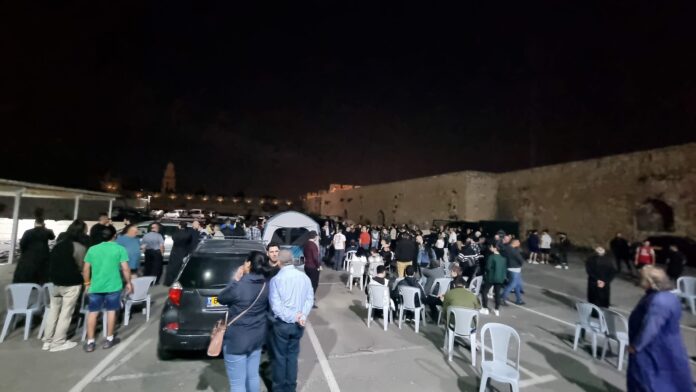By Arthur Hagopian
CE 72 – Jerusalem
Lucius Flavius Silva stands at the head of his command, the vaunted Xth Legion of Rome, ready for a foray into the bastion of the Jewish zealots who have barricaded themselves in the fortress of Masada, by the Dead Sea, and are preparing to defy one of the world’s greatest powers.
They are even ready to lay down their lives for their cause.
CE 2023 – Jerusalem
Fast forward two thousand years, and like taking a page from that historic heroic resistance, it is the turn of the Armenian residents of Jerusalem to hold fast against an attempt to disenfranchise them.








